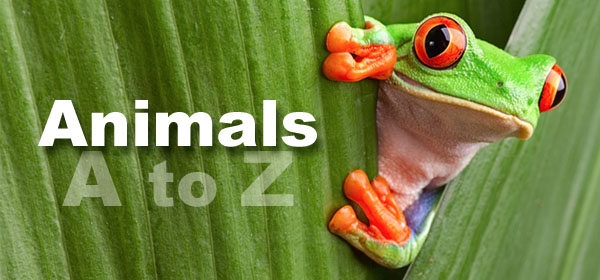What is the problem?
It is thought that on an average day 383,656 people are born around the world, whilst the death rate is much lower at 159,160 people per day. As a result the global population increases by 1 person every 0.38 seconds. We need to try to find new places for as many as 224,496 new people on the planet to live and to produce food for them. This inevitably puts a strain on the planet and the limited resources it has.
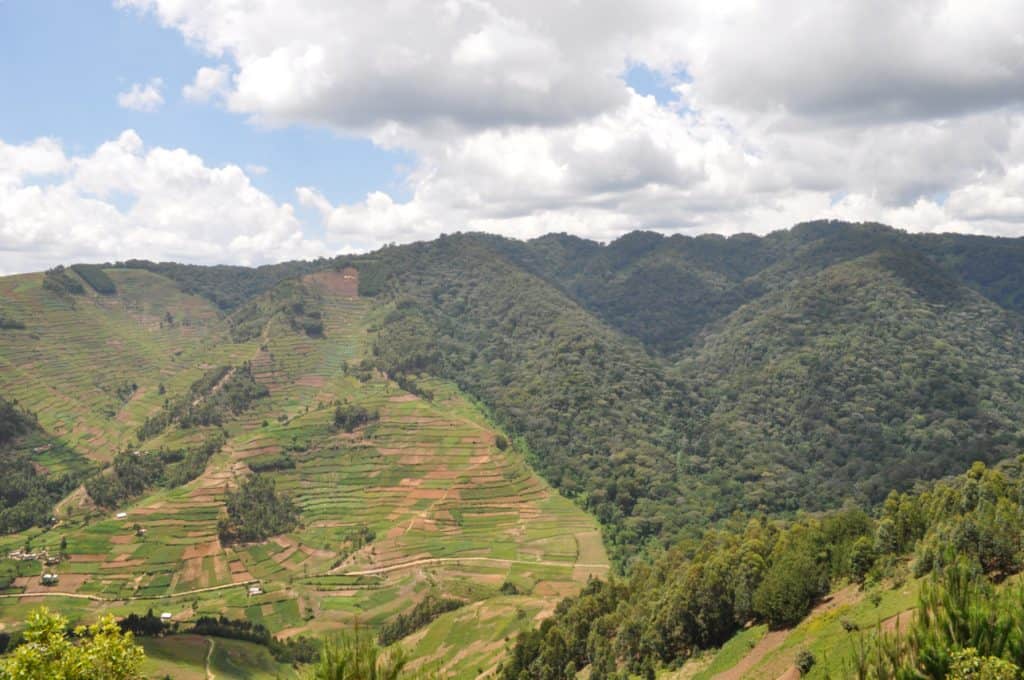
Where is the problem?
Over population is a global problem, with animals in many areas being pushed out of their habitat due to either encroachment in to their habitat by human habitation or to accommodate the farmland needed to feed the ever growing human population.
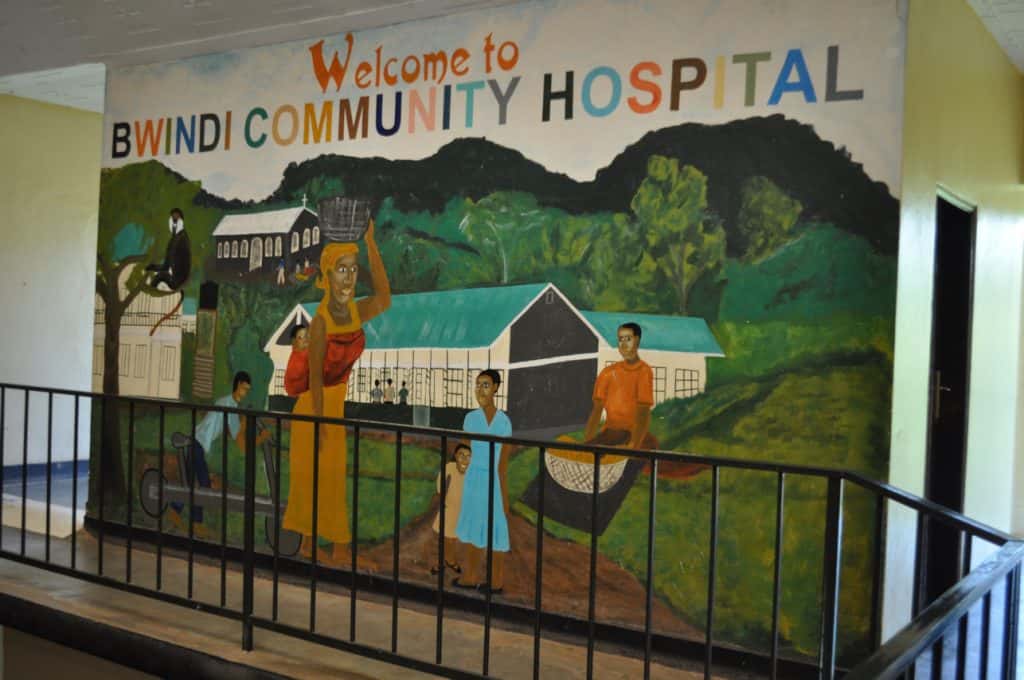
The project which we are involved in can be found in Uganda, specifically in the region around the Bwindi community hospital, on the outskirts of the Bwindi impenetrable forest. Even though Uganda only ranks number 32 in the world for population size it has the 4th highest population growth rate in the world, increasing by 3.61% per year. Whilst Uganda has 44,519,683 inhabitants, the 3 countries with a higher growth rate (Bahrain, Falkland islands & Niger) only have a population of 25,113,800 between them.* Uganda is a country which is having a big impact on the planet and where this impact directly meets a number of endangered species. However, it is also a country which is very open to support, and it is partly because of these that the Population Sustainability Network chose to work in Uganda.

As this problem (in this particular instance) occurs alongside an area which is home to a wide range of endangered species, the work which we are doing to aid chimpanzees is actually also having a knock on effect which will benefit species such as gorillas, crowned cranes, elephants, jackals, civets, African golden cats, black & white colobus, vervet monkeys, forest hogs, green broad bills and so many more.
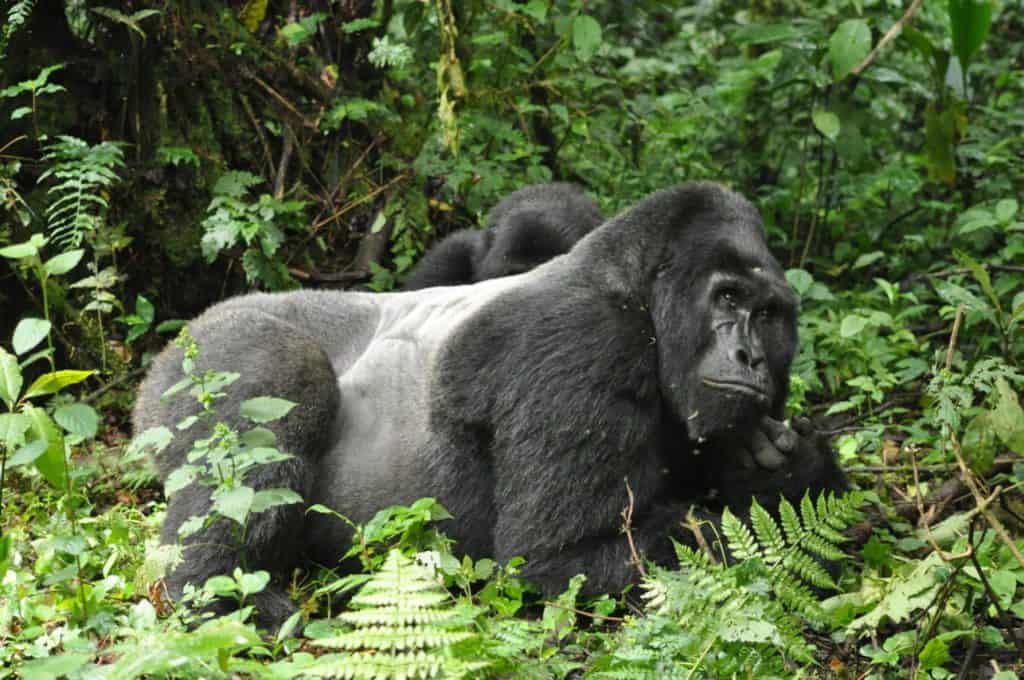
How are we trying to solve it?
We are collaborating with the Population Sustainability Network whom we support financially with £15,000 per year to allow them to run their USHAPE project (Uganda Sexual Health & Pastoral Education). The population Sudstainability netwrok, and the network coordinator, the Margaret Pyke Trust can explain what it is they do far better than I can:
“USHAPE follows a “whole institution approach” to training health workers, and thereby works to raise the profile of family planning in the minds of all health workers at Bwindi Community Hospital and its satellite clinics. Training is in-service, and because all staff and students are trained together, they can see the relevance of family planning to their other work, and support each other to bring about service changes optimising the uptake of contraception. Additionally, USHAPE promotes contraceptive use in the community, by working with youth groups, teachers and others, aiming to develop young people into agents for change who will continue to advocate the importance of family planning.
Women around Bwindi Impenetrable Forest National Park have, on average, six children, which is two more than they want. The purpose of USHAPE is to remove barriers to rights-based voluntary family planning services, thereby reducing this unmet need. Unintended pregnancies, due to the paucity of supply of contraception leads to the population growing more quickly than would otherwise be the case, and this is impacting both community and ecosystem health. The local ecosystem, the Bwindi Impenetrable Forest National, is of huge cultural significance to the local Batwa community, as well as being critical for ecosystem dependent livelihoods, and the non-human primates (such as chimpanzees and gorillas) which also call the Forest home. The Margaret Pyke Trust is now working in the area on these integrated community and ecosystem health issues, with support from the Yerkes National Primate Research Center and the Wingham Wildlife Park.”
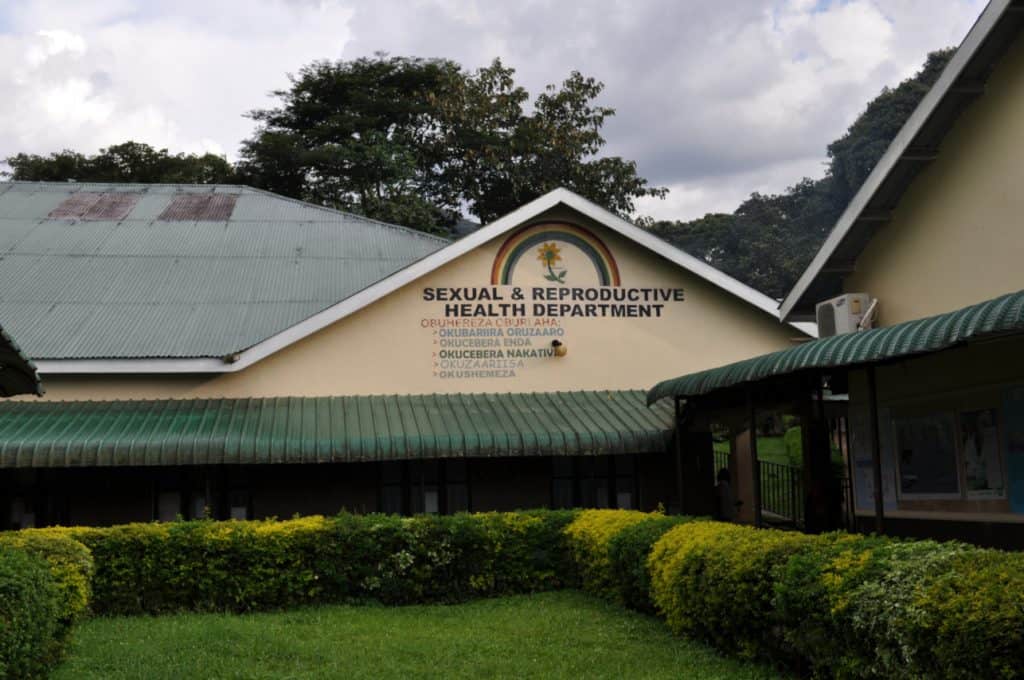
How can you help?
In your every day lives you can make decisions which help to alleviate the strain which we as a species put on the planet. This doesn’t have to be restricted to the number of children which we have but also as simple as limiting the portion sizes we eat, not running the water while you’re brushing your teeth or deciding to buy local produce rather than international. However if you want to get involved with this important project which will have direct impacts on the animals living near these human populations, please feel free to donate to Wingham Wildlife Park Animal Welfare to allow us to keep supporting this work.
————————————-
*All facts and figures correct at the time of writing, quoted by the world population review on 1st September 2019
